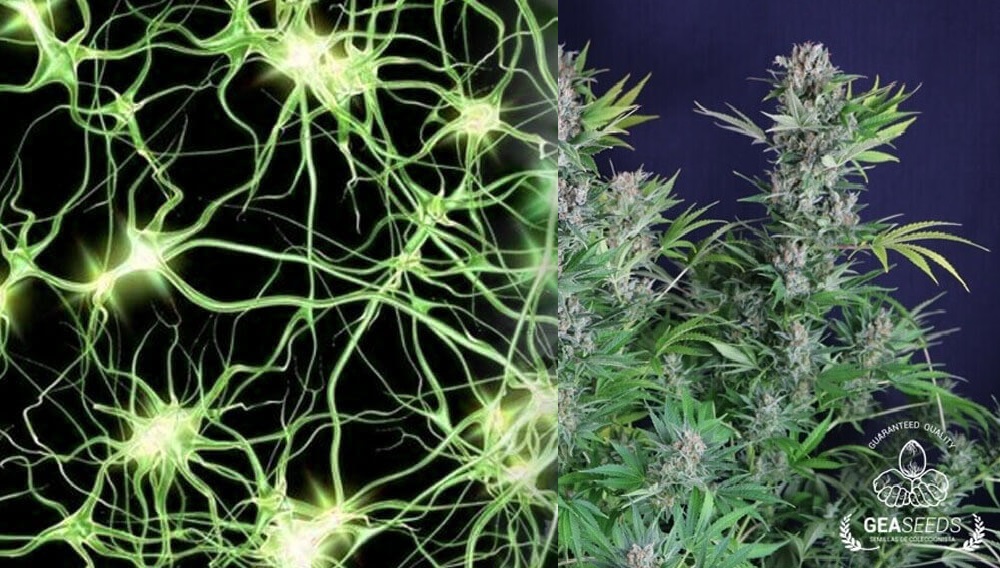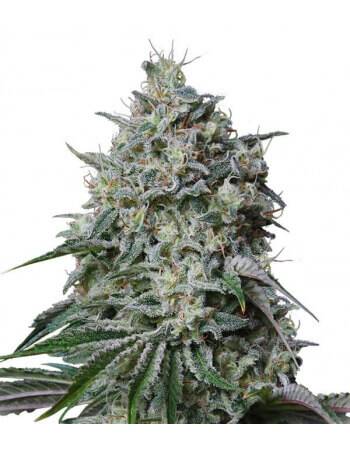The psychoactive effect is the effect provoked by marijuana in the organism. This characteristic has made this plant famous from ancient times, letting it known worldwide and making this leaf an icon. This post wants to clarify the meaning of the expression psychoactive effects, and analyze how and why these processes are activated in our organism.
What does the psychoactive effect produce?
The psychoactive effect refers to the alteration some cannabis substances produce in central nervous system (CNS), provoking alterations in its functions. Some of these alterations provide changes in perception, state of mind or pain. These alterations are always temporary – as long as marijuana effect lasts; besides, the power of the changes in CNS depends directly on the quantity and the quality of the consumed substance, consumer’s metabolism and consumption frequency, that is, the effects are very relative because they depend on a wide range of factors. The most scientific explanation has to do with much more technical terms like cannabinoids, endocannabinoid system, cannabinoid receptors in our organism and, generally, neurotransmitters. For more precise info, just read our blog posts on THC, CBD and their effects.

All in all, cannabis alters the neurotransmitters – they transmit the orders in our nervous system, like altering the postmen who transmit the information in our brain, so the functions of every involved part are altered.
These changes in the nervous system also generate psychological changes; they alter the brain perceptions, that is, sensations and emotions. These effects are produced by cannabis and a wide range of drugs and food which provoke psychoactive effects; in fact, all the drugs have psychoactive effects. Some clear food examples are cocoa, coffee and tea.
We wish you properly understand the meaning of the expression psychoactive effects; when in doubt, look up the rest of previously suggested posts.
Cachalote - Feminized Seed
| PACK | PRICE |
| 3 units | 8.47€ |
| 5 units | 12.1 € |
| 10 units | 22.99 € |
| 25 units | 47.19 € |
| 100 units | 179.08 € |




